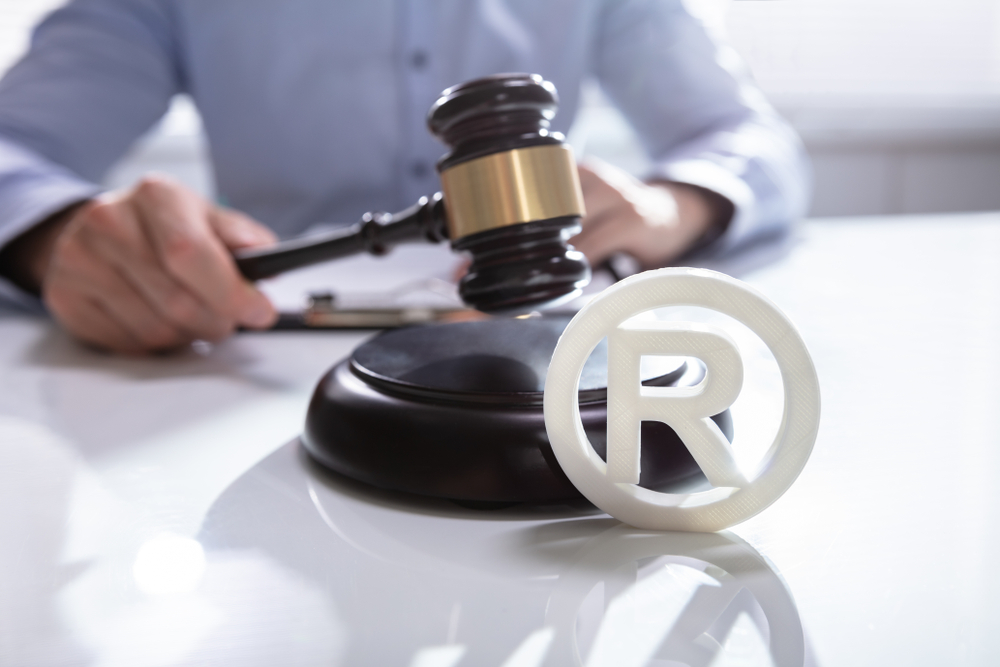Have you properly secured your trademark rights?
By Riikka Palmos
Posted: 21st February 2020 11:13
Trademarks, or brands, play many important roles in business, namely:- Differentiation: your trademark distinguishes your products and services from those of your competitors.
- Sign of quality: consumers tend to associate quality and other positive attributes with certain trademarks.
- Value: your trademark is part of your company’s assets. You can sell, license, or pledge your trademark.
But the most important feature of a registered trademark is that it gives you an exclusive right to use your trademark, and right to prevent others from using infringing marks in connection with the same or similar goods and/or services.
The above-listed roles of a trademark and the exclusive rights together strengthen the reputation of your mark and the consumers’ loyalty to your brand. We can say that the value of a trademark comes from its reputation, the consumers’ brand loyalty, and the feeling of quality and images associated with the trademark. That’s why it is so important to ensure that such a valuable asset is properly protected.
Why especially in Russia?
Protecting your trademark officially – namely registering it at the Russian Federal Service for Intellectual Property (Rospatent) – is particularly important so that you can protect and enforce your exclusive rights to the trademark.
In accordance with the Russian trademark legislation and practice, the use of a trademark doesn’t provide any protection in and of itself. If you want to be able to enforce and defend your trademark rights, the mark needs to be officially registered.
The application and registration process is a simple procedure. However, what is important is to ensure the application is filed in time. This is a key consideration because, according to the Russian regulations, the first one to file for a trademark will invariably be recorded as the official trademark holder, regardless of whether the filer is the right owner of the trademark or just some third party.
Bad faith registrations
In business, some just don’t play by the rules. The well-known and reputed brands are often targeted by copycats and opportunists seeking to profit from the brand’s reputation. In consequence, many trademark owners have fallen victim to bad faith registrations in Russia, and lately there’s been an unpleasant surprise also waiting for many domain name applicants in the Russian market.
In a typical case, the real trademark owner would not be able to register the mark because there is a prior, identical or confusingly similar trademark blocking the registration. Arguing that the prior registration was filed in bad faith wouldn’t help in this situation, because the Rospatent doesn’t consider complaints about bad faith registrations.
The situation may become so severe that the trademark owner will not be able to enter the Russian market. In such a case, these bad faith filers usually respond by offering to sell the trademark or domain name back to its true owner at a profit.
Although there’s a fair chance to get a bad faith registration cancelled at the Court, the process takes time and effort, and is expensive. Requirements and formalities towards documentation and evidences are very strict and it may happen that due to lack of proper documents, the case will not be considered by the Court. In practice, bad faith has been surprisingly difficult to prove at the Court.
How to avoid unpleasant surprises?
All prior registrations are not necessarily filed in bad faith. As Russian companies are also very aware that trademarks need to be registered to enjoy protection, it may happen that local retailers and agents register their partners’ trademarks in their own name.
This may not be a problem as long as business runs smoothly, but problems and confusion about the owner may arise at the end of the partnership. To be on the safe side, it is advisable to make sure the trademark is registered to its real owner.
While it’s certainly not possible to be prepared for all imaginable scenarios, the following checklist will help you to confidently and safely do business in the Russian market without jeopardising your trademark rights:
1. Be on time: File your trademark application and register your domain name as early as possible.
2. Assert your rights: Register your trademark in your own name, or make a clear contract with your retailers to specify the ownership of the mark.
3. Ensure sufficient scope of protection: It’s important to protect the right goods and services and get a sufficiently broad scope of protection for your mark.
4. Use your trademark: The requirements of trademark use are strict, so make sure you know them to avoid possible non-use cancellation actions. Use must be properly documented in order to be accepted at the possible cancellation action due to non-use.
5. Remember the Russian specifics: A trademark registered in the Latin alphabet doesn’t protect the Cyrillic version of the mark and vice versa. It’s also good to be aware of the Russian translation and transliteration rules.
6. Record the licenses: The license agreement must be recorded at the Rospatent in order to be valid. For example, use of a trademark by a licensee is not regarded as use in case the license agreement has not been recorded.
7. React to infringements: Trademark protection means you need to enforce your rights. By reacting to possible violations, you are also building the strength, value and reputation of your brand.
Papula-Nevinpat was founded in Finland in 1975. Today they serve hundreds of clients from startups to global Fortune 500 companies in Finland and around the world, including the US and China. This makes them one of the largest trademark, design and patent agencies in Finland. Their head office is in Helsinki, with branch offices in Lappeenranta, Tampere and Pori.




Comments